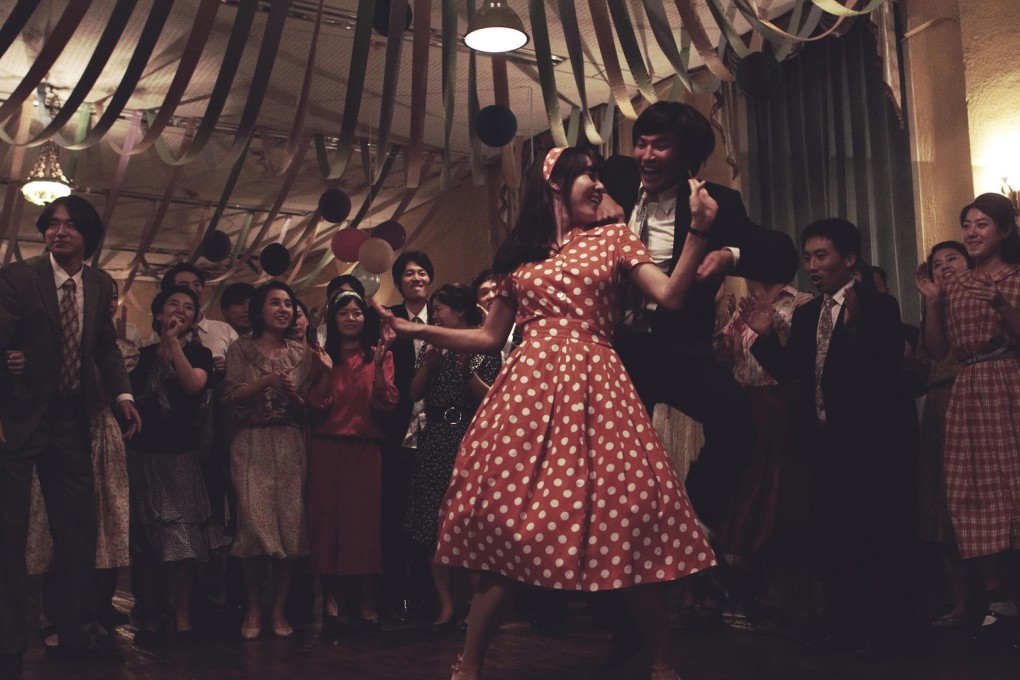Film review: Ode to My Father - a Korean Forrest Gump
The story of Youn Duk-soo is a tribute to the little guys who kept their country and their families together through Korea's turbulent modern history.

Starring: Hwang Jung-min, Kim Yun-jin, Oh Da-su
Director: Yoon Je-kyoon
Category: IIA (Korean, English and German)

"May you live in interesting times." Thus supposedly goes an ancient Chinese curse that actually may have Western origins. In any event, the protagonist of this epic melodrama certainly does live through interesting times for himself. So, too, does pretty much everyone on the Korean peninsula in this film, which begins in 1950, the year that the Korean war — which still is not yet officially over — began.
Also reviewed: Hugh Grant in The Rewrite
Youn Duk-soo (Hwang Jung-min) is briefly seen as an elderly Busan resident at the beginning of Ode to My Father before the film flashes back to the wintery December day in 1950 on which the residents of the northern Korean port town of Hangnam desperately sought to flee the invading Chinese forces. Emotions run high, since those who make it out of there leave much behind, including, in some cases, family members.
Told by his father (Jung Jin-young) to take care of his mother (Jang Young-nam) and two younger siblings, seconds before the family patriarch leaves them to look for a daughter who has gone missing, Duk-soo does his utmost over the ensuing decades to do just that.
In a manner that has been likened to Forrest Gump, Duk-soo becomes involved with several of his country's defining developments, including going off to work in Germany, where he meets his future wife, and then to Vietnam. Like the Hollywood movie character, Duk-soo isn't a particularly bright individual — although in his case, it's more to do with letting his heart rule over his brain.